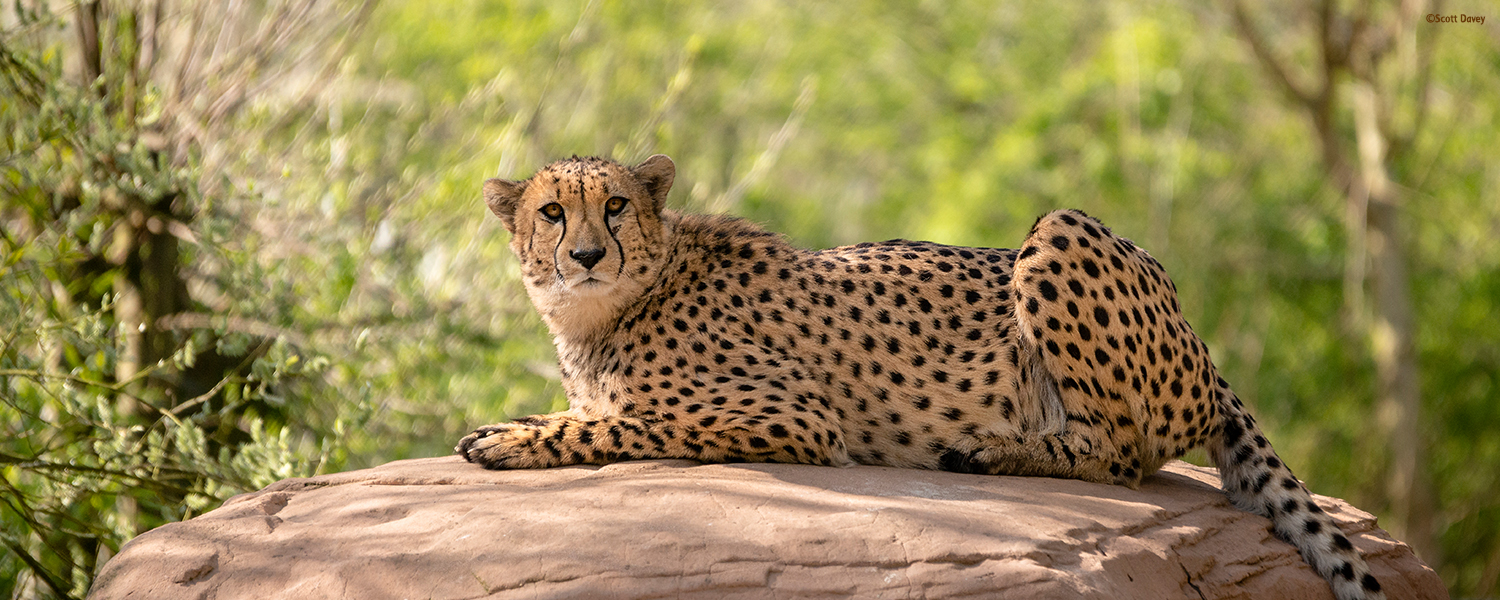How Your Money Helps
Colchester Zoo is the largest private zoo in the UK. As the zoo operation is private it receives no external funding, and is liable to pay VAT at the full rate of 20% on all its income, as well as business rates and corporation tax. All funds from its retail, catering and admissions go directly to funding the zoo and its future development.
This income along with donations helps to fund Colchester Zoo’s charity, Colchester Zoological Society, which assists conservation projects all over the world, including its own project, the UmPhafa Nature Reserve is KwaZulu Natal, South Africa.
Colchester Zoo is therefore wholly sustained by its visitors and we are eternally grateful for your much needed support. Today, it costs around £10.9million per year to run the zoo, which is around £900,000 a month.
The following figures give you an illustration of how your money helps the work and running of Colchester Zoo:
- £10 could help towards the cost of cut-resistant gloves for the field rangers on the UmPhafa Nature Reserve. This vital piece of equipment helps the rangers to fix fences against poachers along the reserve whilst protecting their hands from cuts.
- £20 could help towards providing one of our big cats with food for one day. Ensuring that we use good quality food is one of our top priorities when caring for our animals.
- £40 could provide our chimpanzees with pellets for around three weeks. The pellets are part of a balanced diet that our chimpanzees receive and are also used as food enrichment, such as in our puzzle feeders.
- £70 could provide our tamanduas with insectivore food for around a month. This food is part of their balanced diet and is used as food enrichment.
- £100 could pay for around three game pro torches for on our UmPhafa Nature Reserve field rangers to help them to spot intruders and poachers entering the reserve. Protecting the animals on the reserve is a dangerous job which the field rangers undertake daily on their patrols.
- £250 could pay towards the conservation charity, VulPro’s breeding survey equipment to help monitor the population of African Vultures. African Vultures are some of the most threatened species on the planet with some populations having declined by over 80% in the last three decades.
(Figures updated May 2024)

